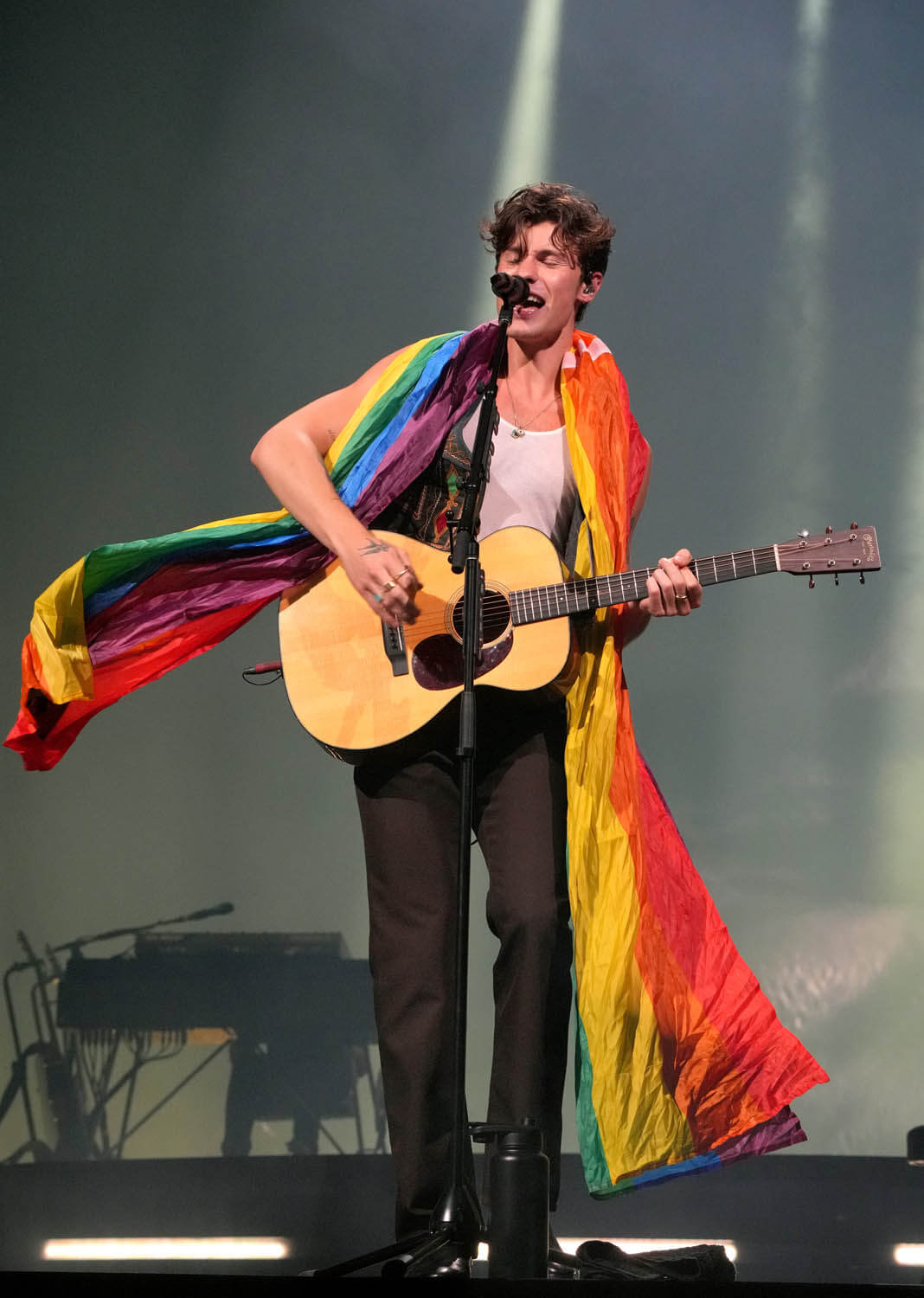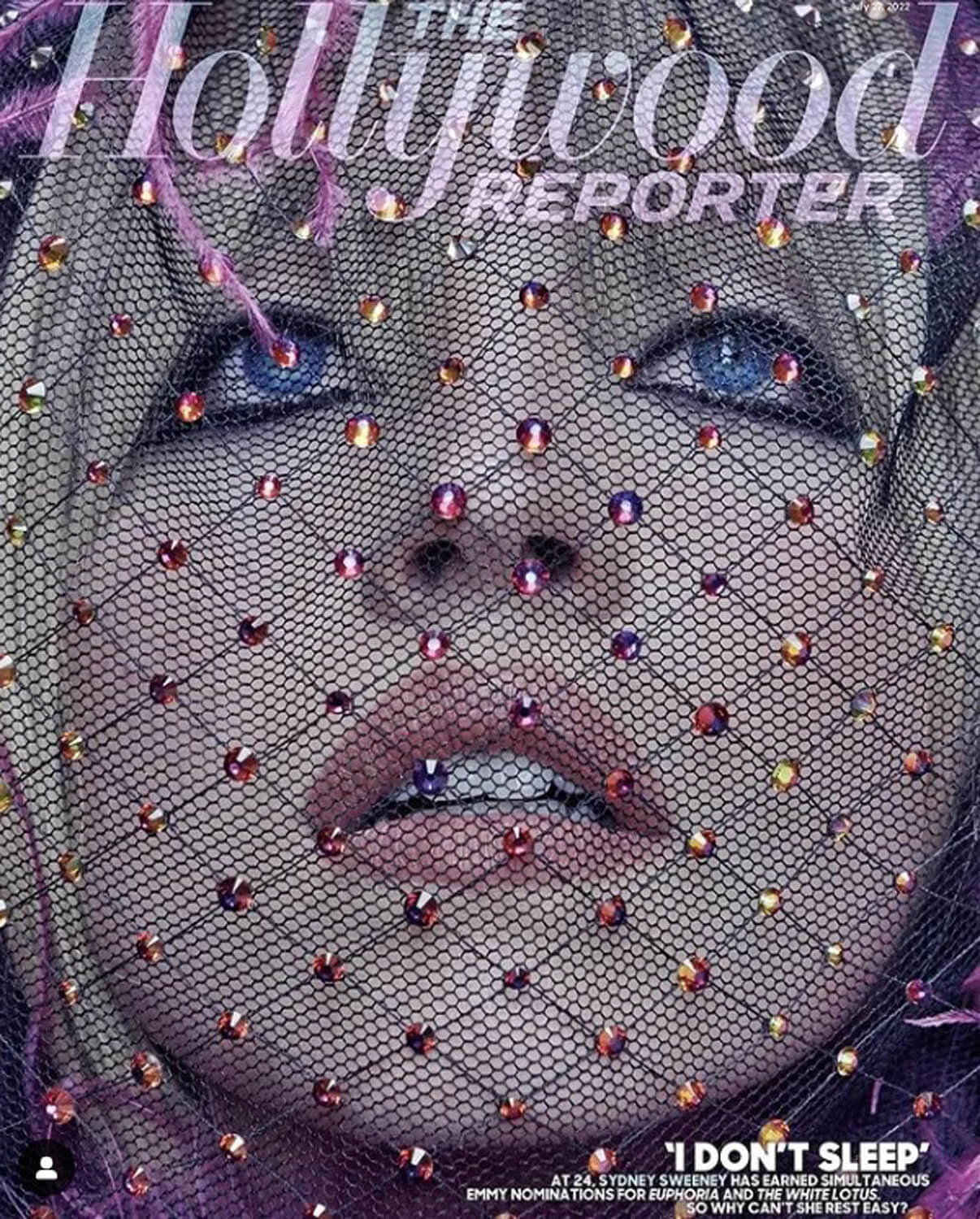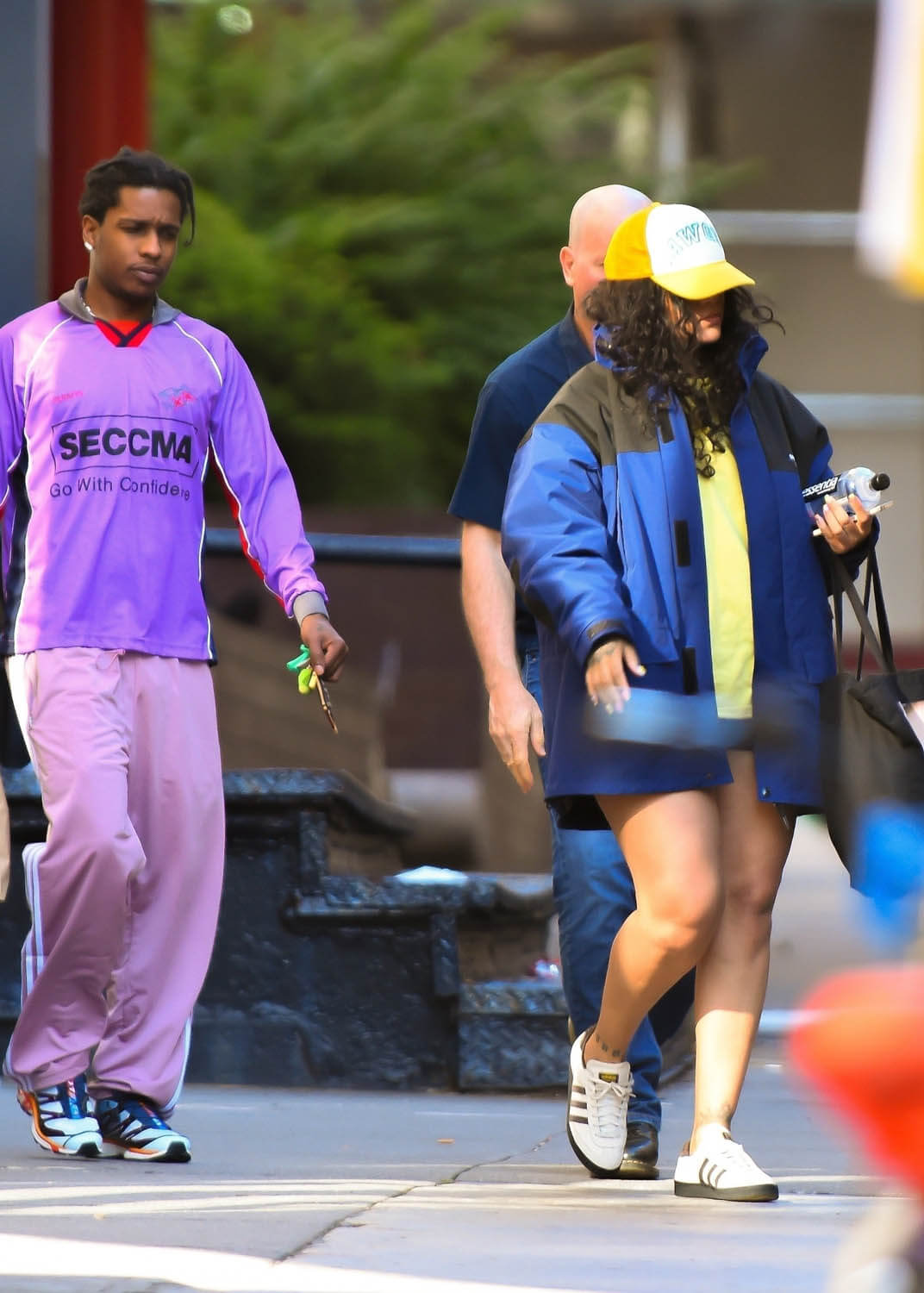Shawn Mendes is the latest (tour) cancellation



Earlier this month, Shawn Mendes announced that he’d be taking a three-week hiatus from his Wonder tour, which had him set to perform in cities across North America, Europe and the U.K. Yesterday, however, he officially cancelled the remaining shows, including one in Toronto, citing concerns he wasn’t ready to return to the road after the pandemic.
His initial announcement was made July 8 on social media, and in it he said he’d hit his ‘breaking point’. The announcement said the time off came highly suggested after extensive consultation with his team and doctors.
Shawn is now 23 and has been touring since the age of 15, it couldn’t have been an easy decision for him. Or for any of the many celebrities we’ve seen cancelling shows and tours. We saw this with Justin Bieber, who cancelled two Toronto shows, with one show in particular being cancelled just hours before he was set to go on stage. At the time, it was attributed to “sickness”, and he later further explained on social media that he was diagnosed with Ramsay-Hunt, and said the syndrome had left half of his face paralyzed.
Last week, it was announced that Bieber would be resuming his Justice tour as of July 31, and would be performing in Italy. If all goes as planned, he’ll go on to play shows throughout Australia and New Zealand, South America, South Africa, Asia and the Middle East.
Despite the complaints that flood in when celebrities like Shawn Mendes and Justin Bieber halt performances, especially considering Bieber had either postponed or cancelled his Toronto shows three times in the last two years, there is also an outpouring of support from fans. Many wished both celebrities better health and circumstances, assuring the stars they’d be at the next rescheduled show.
Despite not having tickets to either of these concerts, I appreciate seeing these stars making the difficult decision to prioritize their health – whether mental or physical. It’s a difficult thing to do, not only because of the pressure these artists face to meet the expectations of their fans, but because of the pressure that comes from industry executives. There are millions of dollars at stake here in almost every instance – and industry executives are never remotely as sympathetic as fans are.
It's for the same reason that we should support athletes like Naomi Osaka, Simone Biles and so many others who have been vocal about needing time off – especially considering they work in industries where time off is just not granted.
In 2021, Naomi Osaka quit the French Open citing mental health concerns and bouts with depression dating back to the U.S. Open in 2018. A weeklong dispute between Osaka, who at the time was the second-ranked woman in the sport and also the highest-paid female athlete, and Grand Slam tournament leaders exacerbated these concerns.
The dispute came after she announced she wouldn’t be participating in post-match news conferences, saying some of the questions she was being asked during these sessions affected her mental health. When she did in fact skip a conference, she received a $15,000 fine and was threatened with being kicked out of the French Open if she didn’t fulfill her obligations to the media.
2021 also saw Team United States gymnast Simone Biles withdraw from the Tokyo Olympics, again, citing mental health concerns. At the time, she posted on Instagram saying she felt like she had “the weight of the world” on her shoulders, sharing that “sometimes it’s hard.”
The honesty we’ve seen from these athletes and musicians is eye-opening. I certainly felt like I was being granted some important perspective reading one of Mendes’ statements regarding his Wonder tour, in which he said, “I’m afraid that if people know and see the truth they might think less of me. They might become bored of me…So in those moments of feeling low I either put on a show or hide. The truth, in current form, is a 23 year old who constantly feels like he’s either flying or drowning.”
Seeing celebrities take back their power and restrict access to fans, media and industries that operate mostly on entitlement is empowering in so many ways. It reminds us that they are human beings before they are athletes, musicians and touring artists. And seeing them be vulnerable about what their experience is like is a reminder for all of us to extend them some much-needed grace not just to each other but to ourselves.

